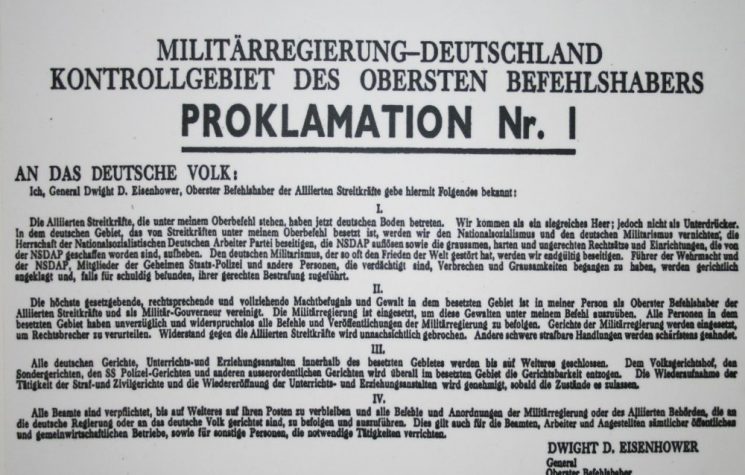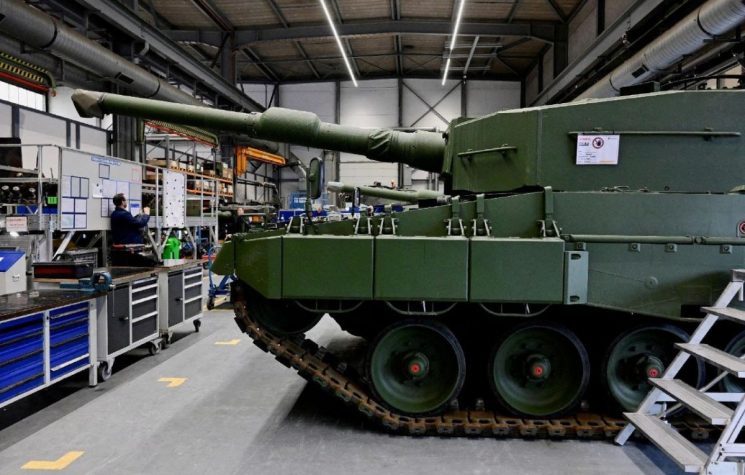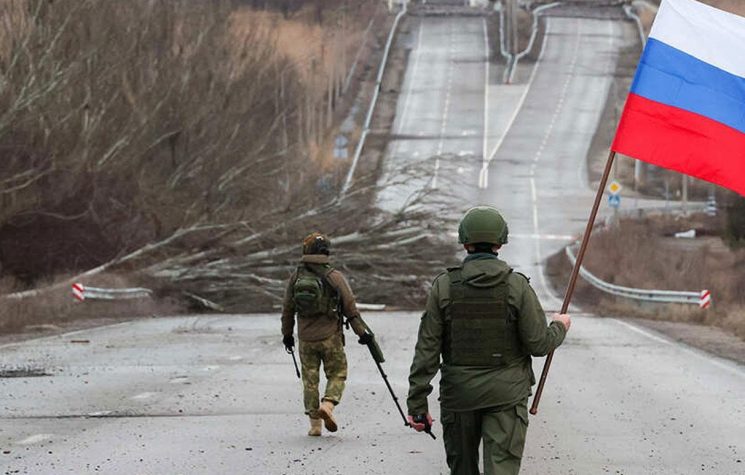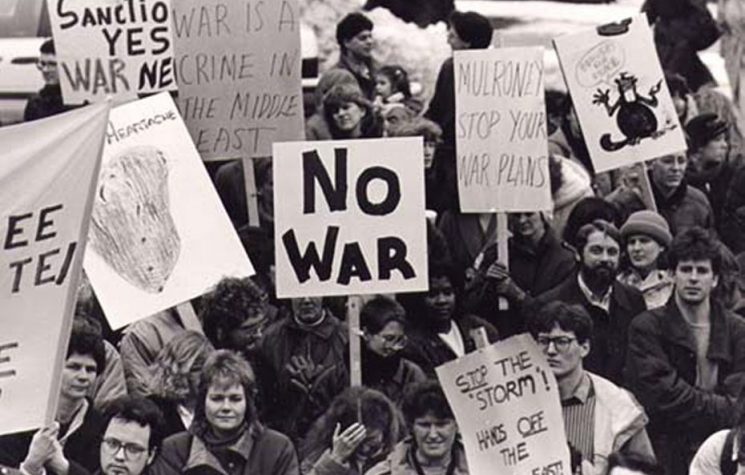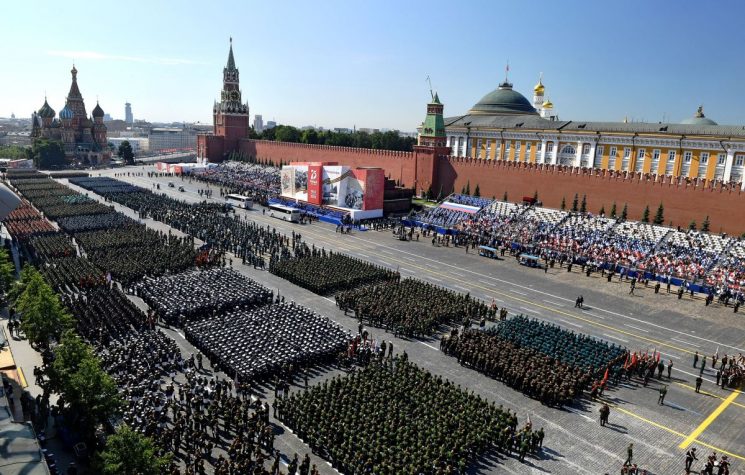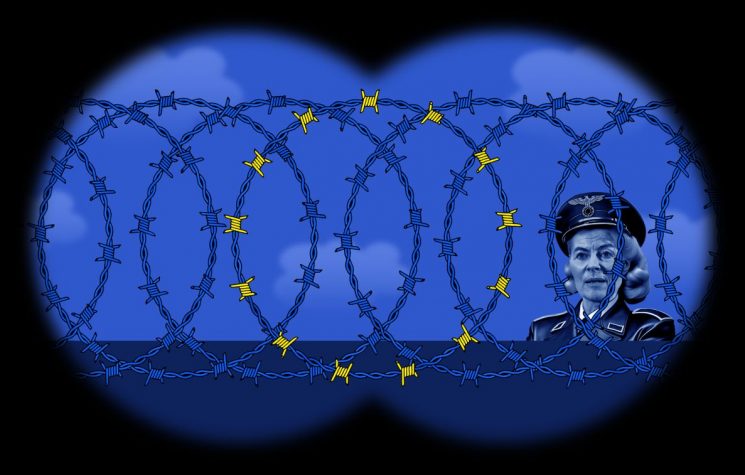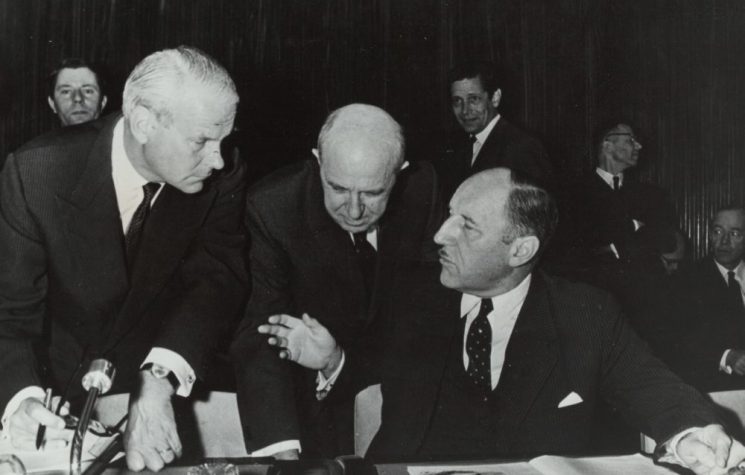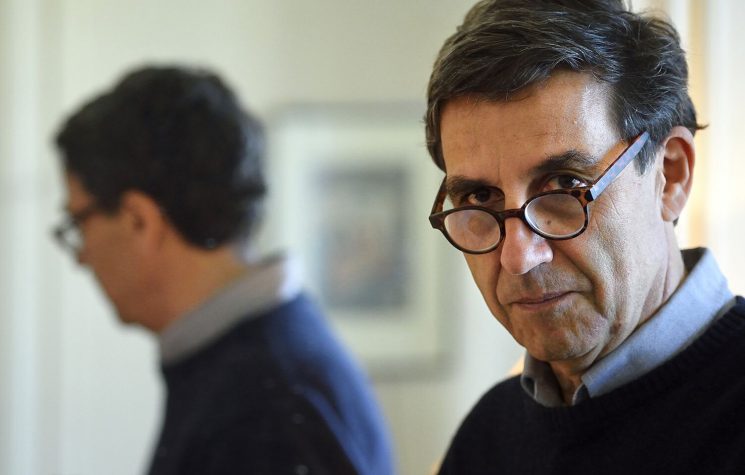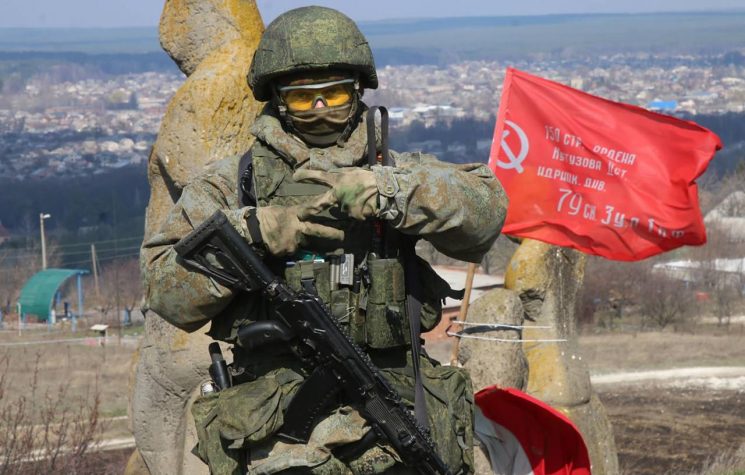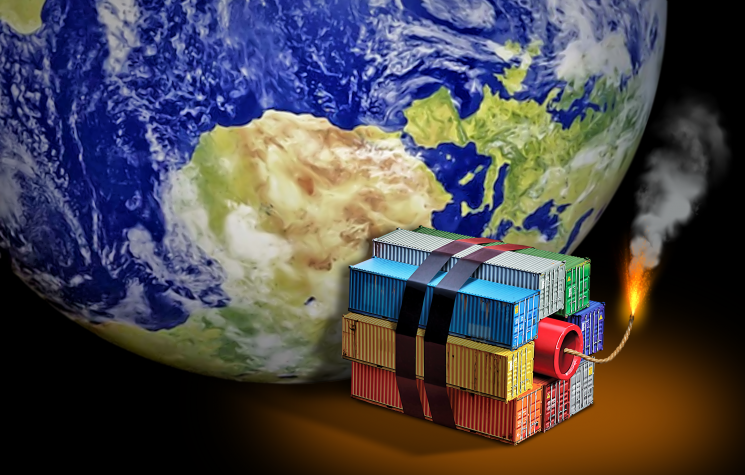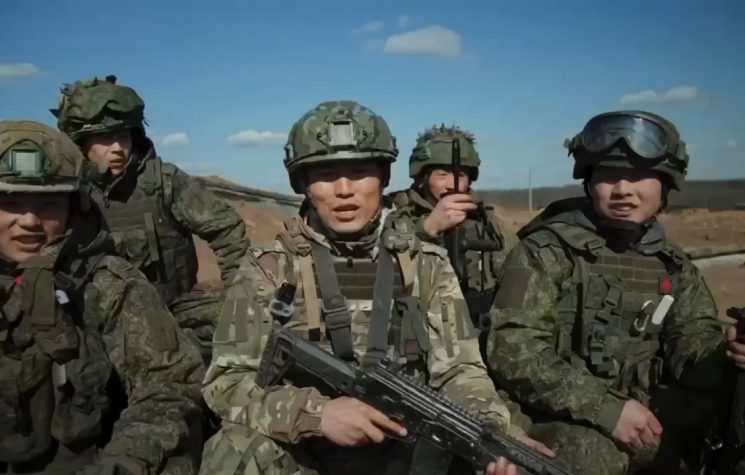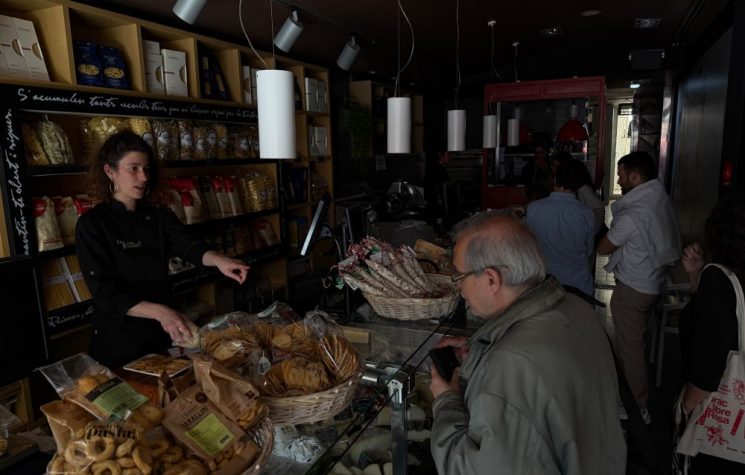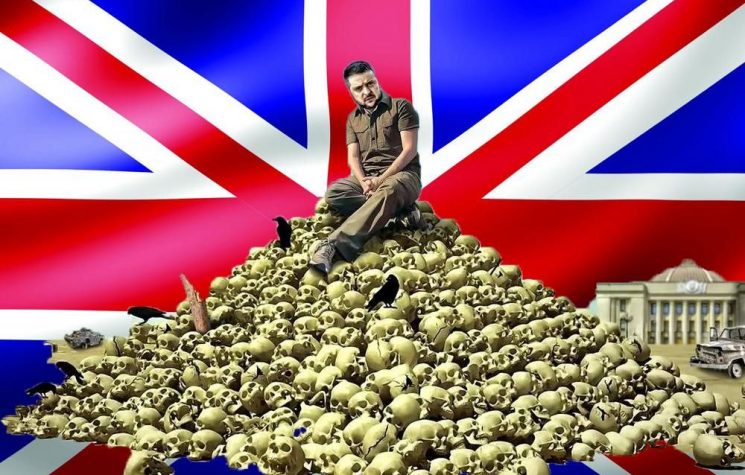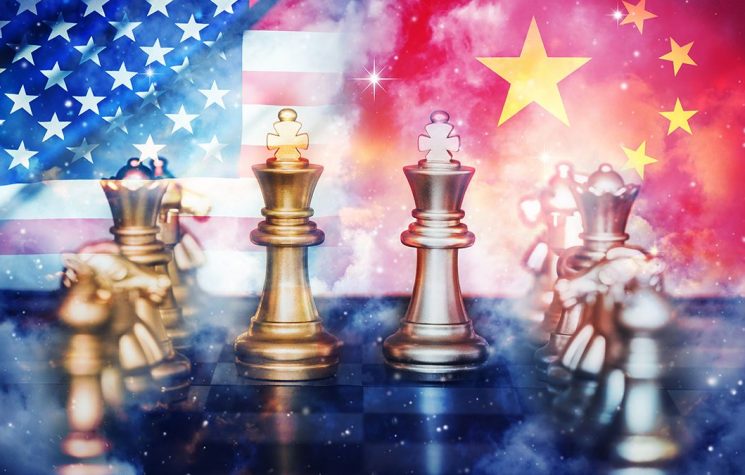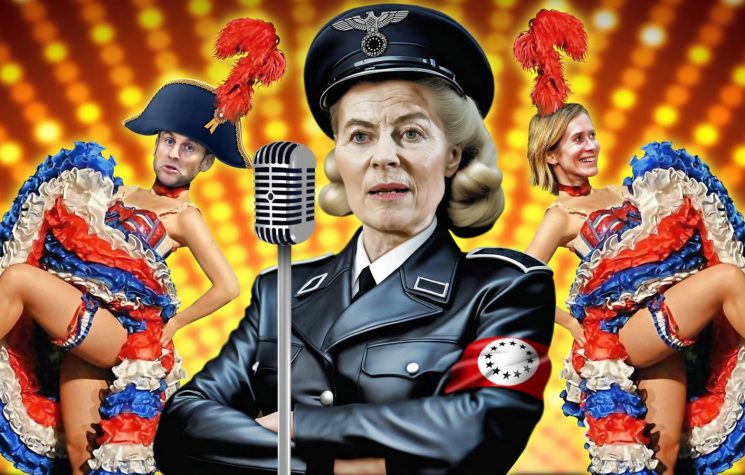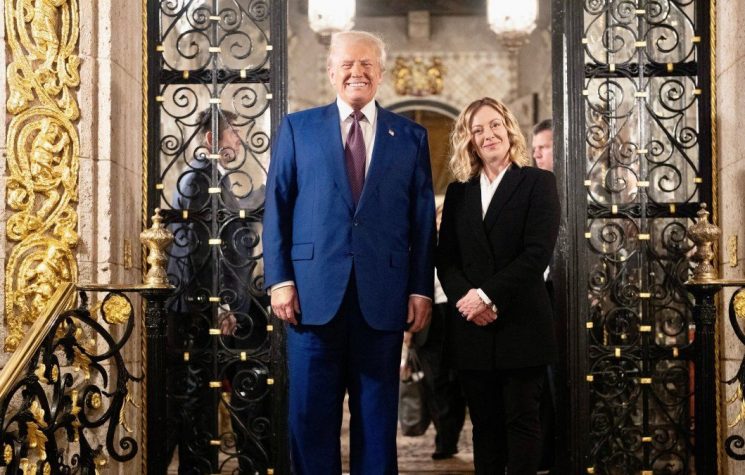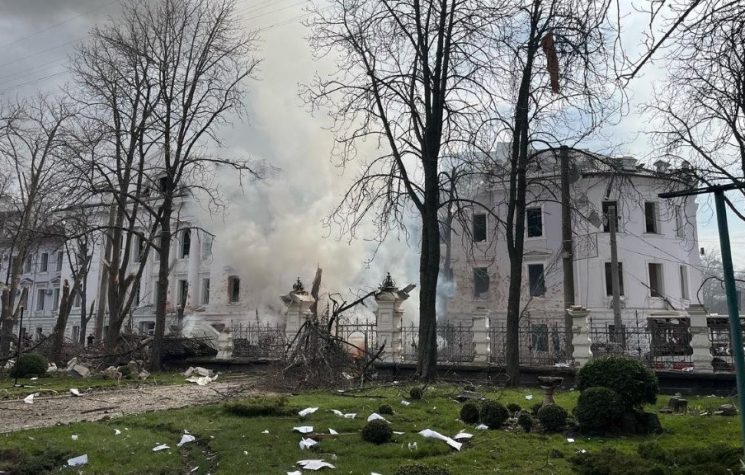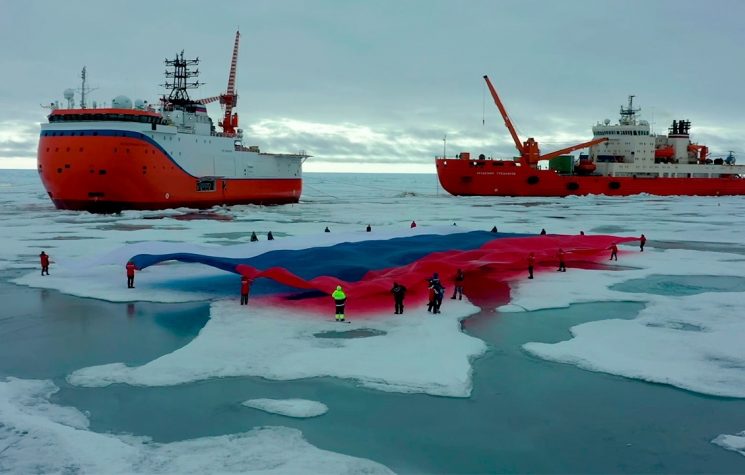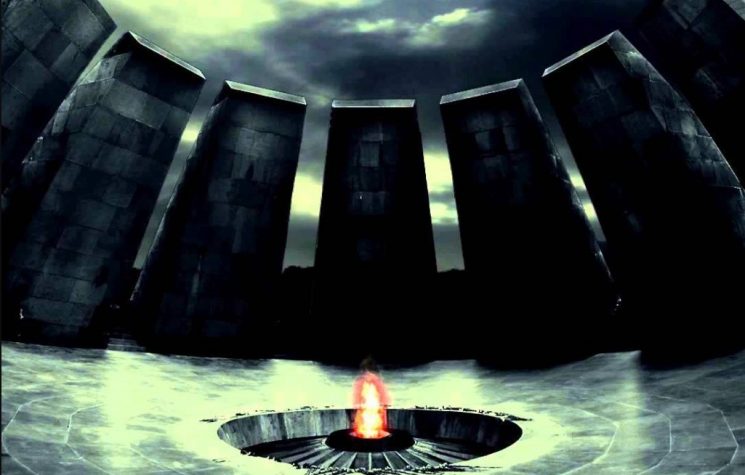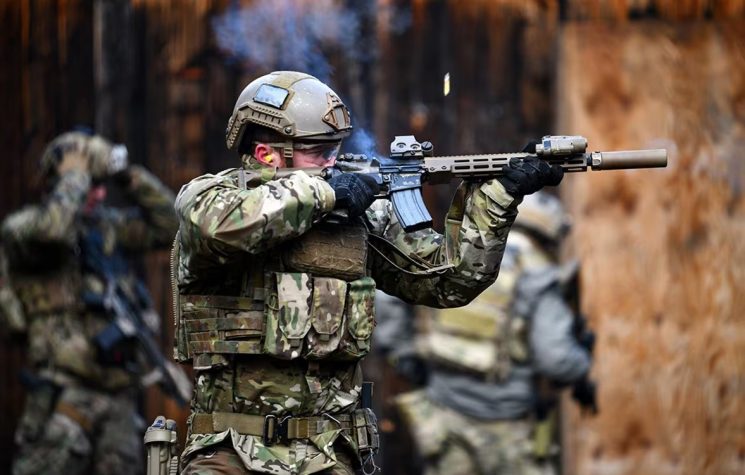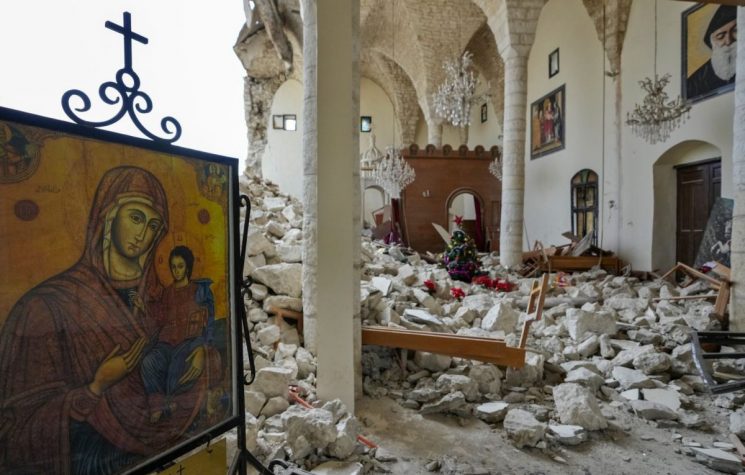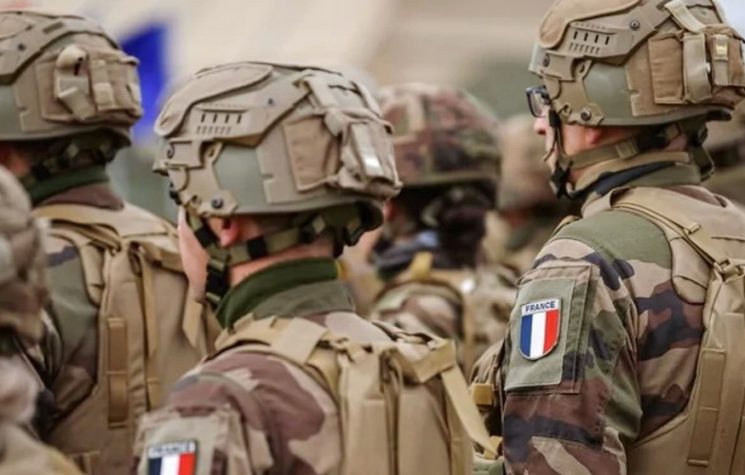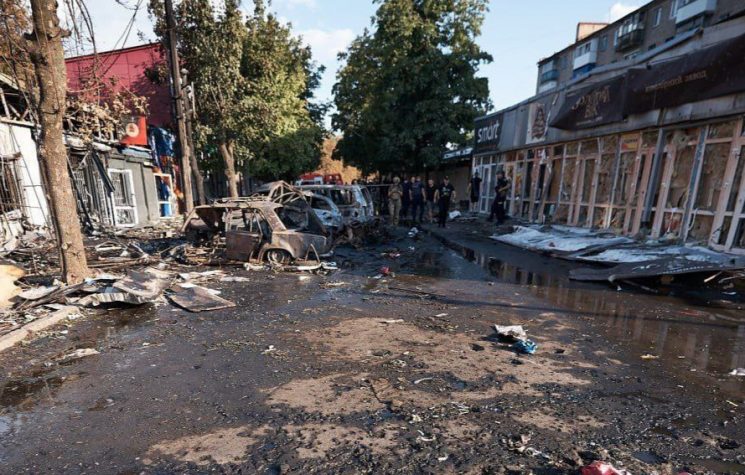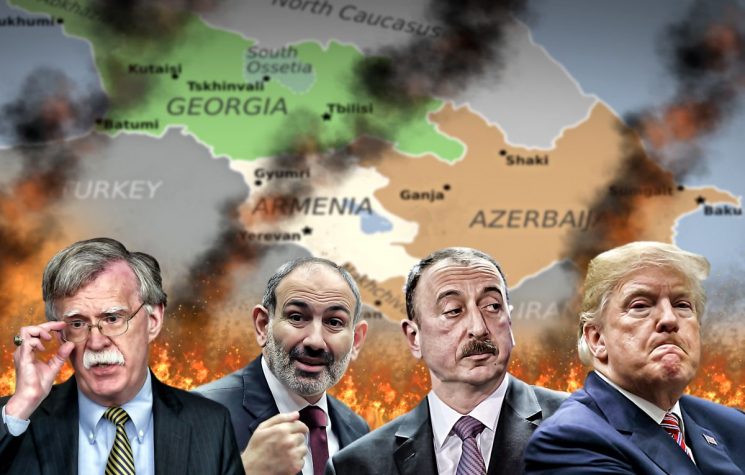Do world leaders listen to their advisers? It’s hard to imagine that this is the case given the feral haste to go to war with Putin when Russian forces entered Ukraine.
Do world leaders listen to their advisers? It’s hard to imagine that this is the case given the feral haste to go to war with Putin when Russian forces entered Ukraine. Wars are very easy to start but incredibly hard to end, is the lesson for western leaders who must be asking themselves now, even with the advances of the Ukraine army, whether they should have held back and looked at the options and outcomes of their decisions. It is presently unimaginable in the UK, the jaw-dropping level of poverty, not seen since the second world war with small businesses hit the hardest with energy bills, in some cases, ten times more than what they were previously paying. Liz Truss’s new measures aimed at helping the poor might be a useful band aid over the shorter term, but there will be many who are on low salaries who will have a stark choice in the coming weeks when the temperature falls: eat or heat.
The West’s leaders who were driven by their own self-righteous beliefs in throwing everything at the Ukraine war are not jubilant over the recent advances of the Ukrainian army, it is worth noting. They know that Putin is preparing a counteroffensive and one which might involve bigger and longer-range missiles, perhaps even a nuclear strike. The question, in hindsight, that many of these western leaders might be mulling now is this: can someone as powerful as Putin really lose?
In other words, can Putin really accept defeat from one battle and look at a plan to retreat which is what some pundits in the west long for, but in their hearts know cannot happen?
Boris Johnson is loved by the Ukraine regime, of course. I’m told by people very close to him that he, like Churchill after the Second World War, is planning to return to Downing Street as PM. Some even speculate that the conservative party itself deliberately placed Liz Truss in as leader so as to look inept as she fails to pull off her own policy goals, which, by the time comes for a general election in 2025 will reinstall him as Tory leader but also as leader of the opposition, as Labour will take power with a coalition with the Lib Dems.
If Truss fails to build growth, is unable to reform the national health service, fails to stop the Albanians arriving in their hundreds on boats from France and can’t stop the horrific scenes of raw sewage being pumped into rivers and onto beaches, then the conservatives will sail towards an abyss in 2025 when the country goes to the polls. And it will be Boris, a leader who has marked himself as a sort of psychopathic record-breaking liar in office, who will be wheeled out again as the saviour to the crisis – one which was almost entirely created by himself while in office.
Being a comeback leader is nothing original though and it seems that the western model of democracy is so ineffective and dilapidated that voters don’t have a new generation of leaders to ponder. In the recent leadership contest, the one candidate who was competent, intelligent, had an impressive track record and was dazzling on camera – Kemi Badenoch – could have broken this cycle and been a champion of change, perhaps saving the party. But she was not favoured by party members when it came to the line. Badenoch’s departure from the race early signalled that the old model which presents such under-performers like Truss or shameful, bumbling elitists like Boris remains in place.
Boris will not be alone in a comeback. Indeed, there is a growing trend around the world of looking back at the old leaders in preference to what is being presented from the new snowflake generation who absorb themselves in an Italian sleeping bag puffer jacket of woke to protect themselves from accountability. Come backs are in fashion. Trump, Berlusconi, Boris and Imran Kahn are likely candidates to further the political phenomenon.
But what will they do to stop this east west division which some might call a new cold war, as Russia and its chief allies – Chine and India – lead a new global initiative to become the new superpower, with the Global South inclined to support? These leaders, especially Boris and Trump, have little consideration for their own economies over the longer term, but just obsess over their own personas and airtime. They don’t build economies, but legacies. Mainly their own.
And so the question shouldn’t be whether leaders listen to their advisors. But more, who gets to choose their advisors? This cabal of grey men typically these days are actually not advisers but merely sycophants who are there to boost confidence of the man in the hot seat. As Britain looks set to borrow huge amounts of money just to fund Truss’s tax breaks and energy price capping and Germany faces its bleakest winter since 1945, the real advisers aren’t being listened to. Sanctions against Russia are hurting us in the West more. There is no question to that. So then our leaders got the whole Putin wargame very wrong and we now have to watch our own economies burn like a stack of newspapers with our politicians throwing on the gasoline and screaming with delight. It’s high time new leaders who are elected are forced to respect a number of safety checks on huge policy decisions by a group of experts. If this were to happen, the euro would not be in the mess that it’s in now as leaders in Brussels who rolled it out would have built in some contingency plans; for EU countries, leaders should not be allowed within minutes to go ahead with such grand decisions. In any real democracy, there would be a checklist of common sense and one of them would be “get the experts together and do a worst case scenario study”. It beggars belief that Boris could have just thrown a switch like that without a trace of any accountability.










